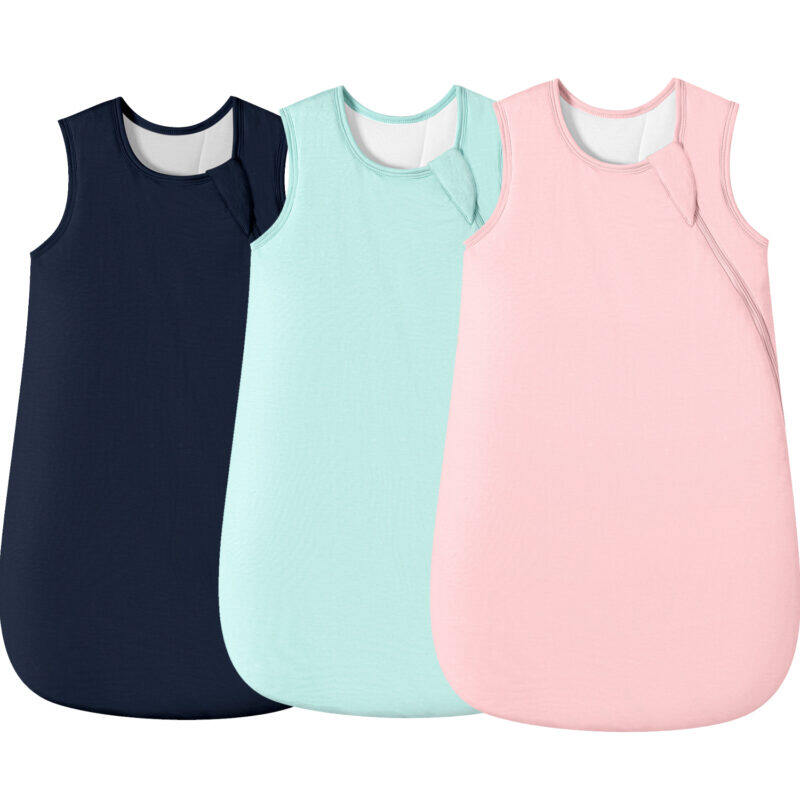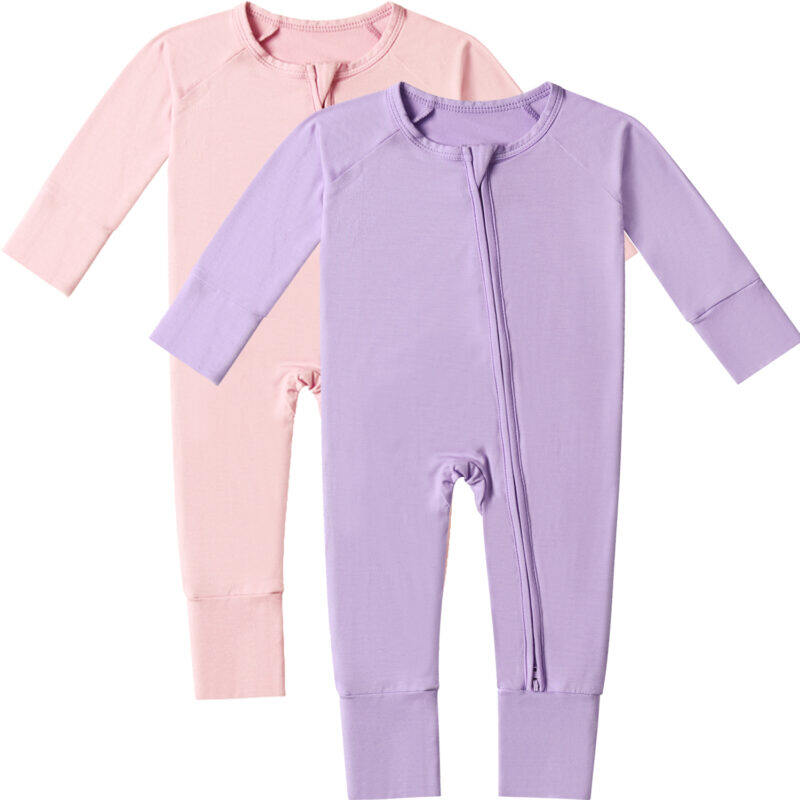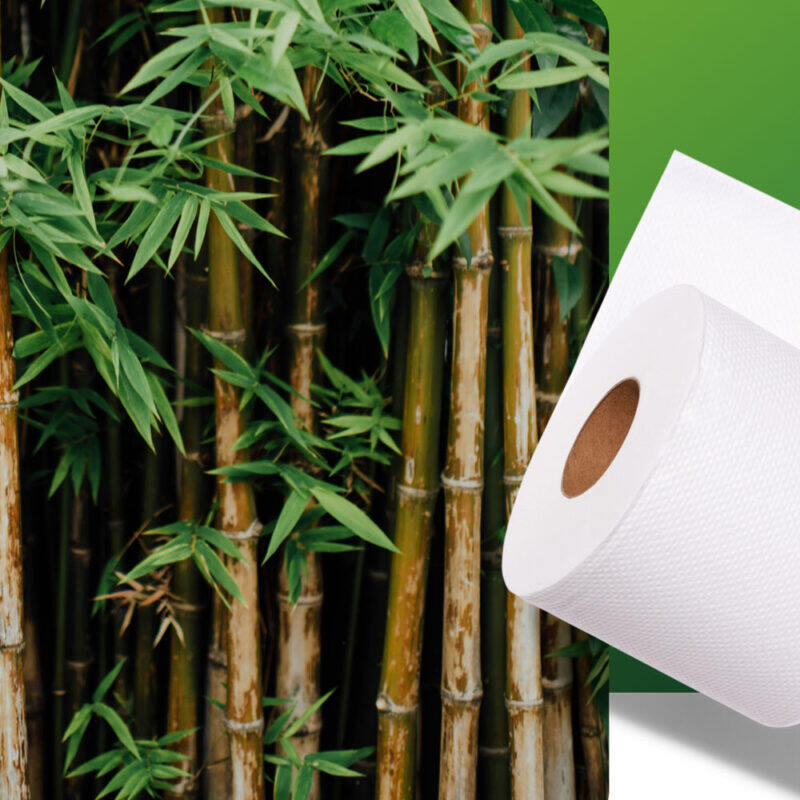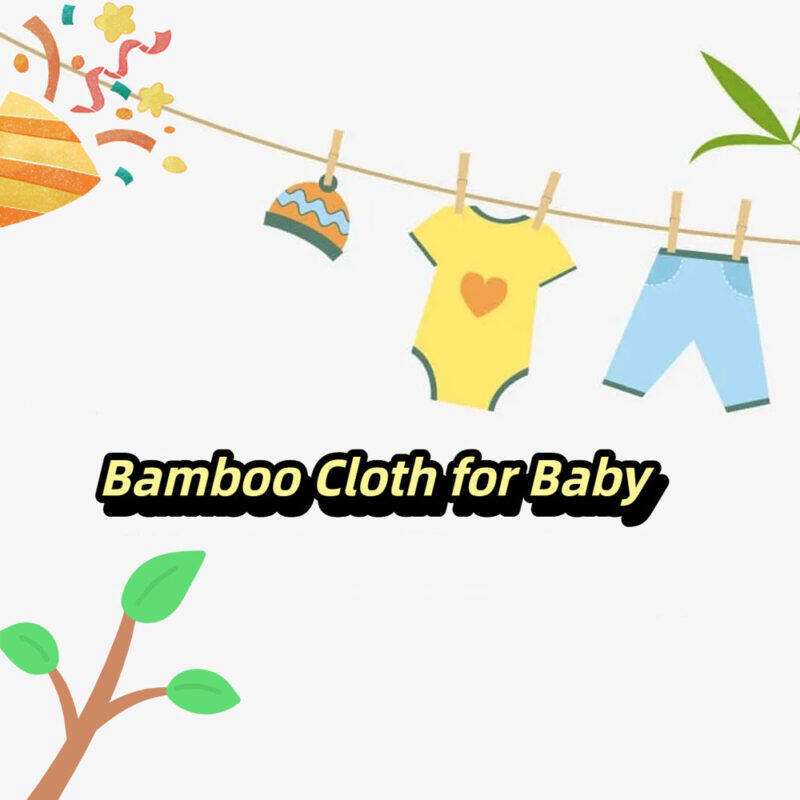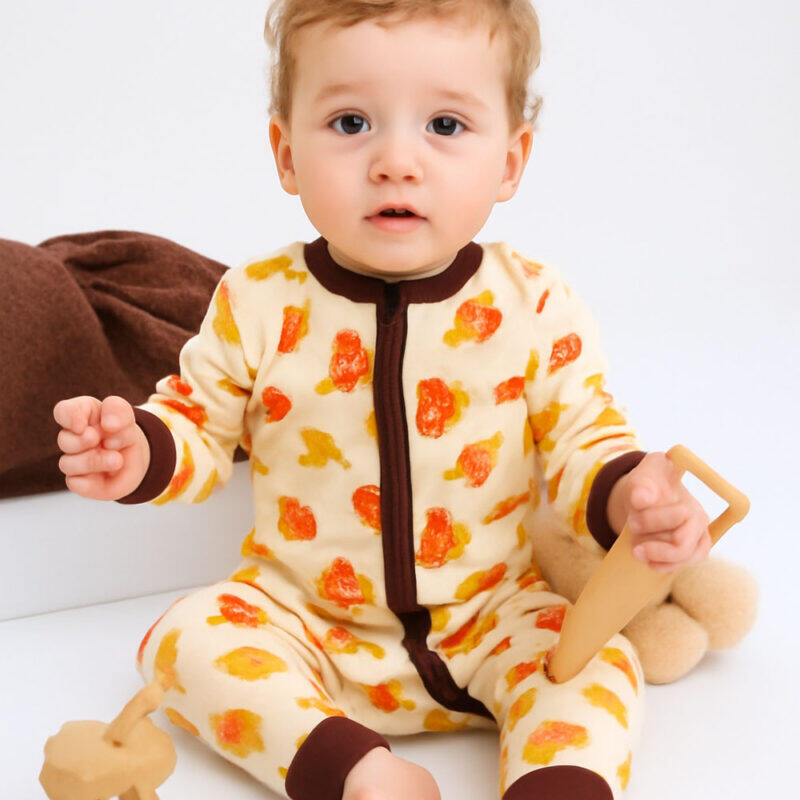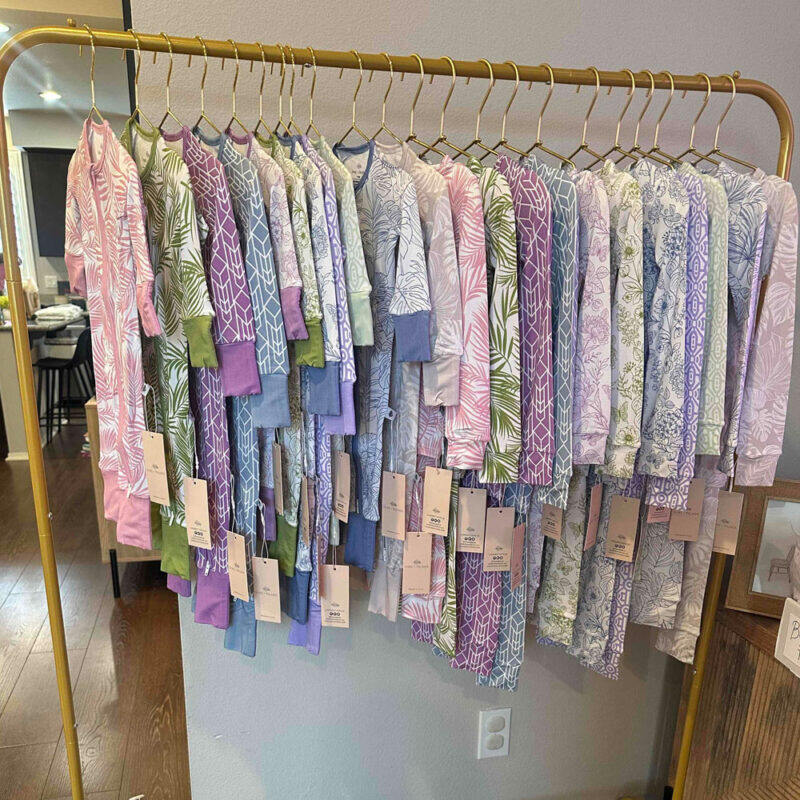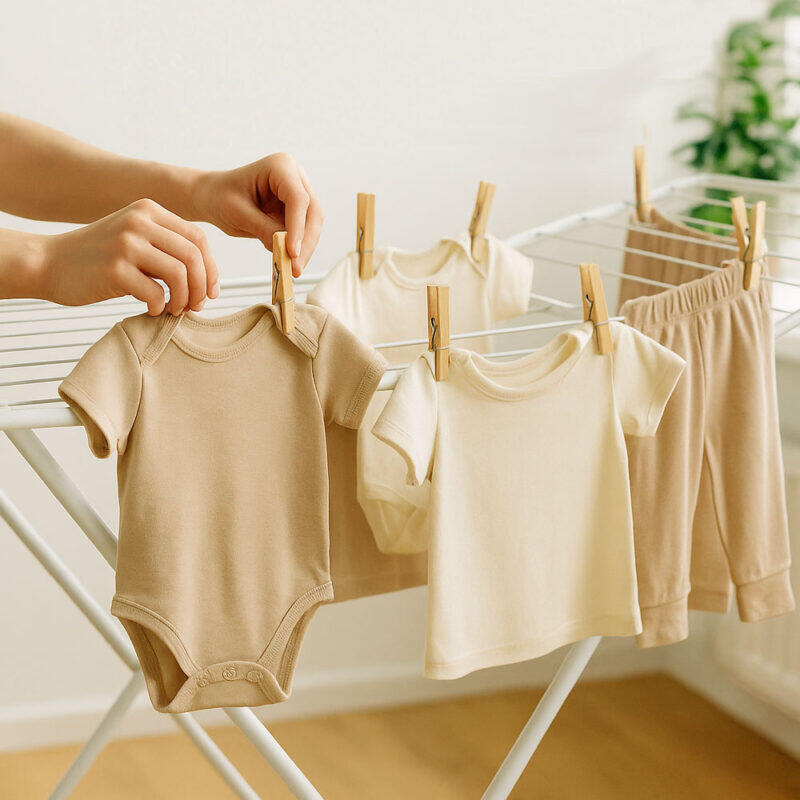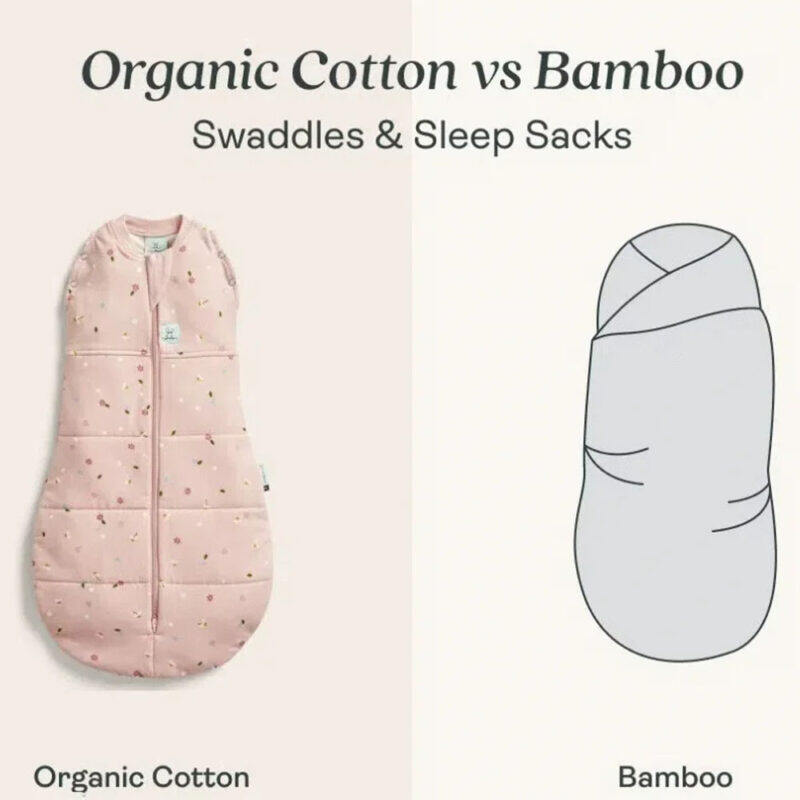Why Bamboo is the Best Choice for Your Baby’s Delicate Skin

Why Bamboo is the Best Choice for Your Baby’s Delicate Skin
As eco-conscious parents navigate the world of infant apparel, the bamboo vs organic cotton debate continues to grow. While both fabrics have merits, emerging research reveals bamboo viscose offers unparalleled benefits for babies’ sensitive skin. Let’s examine why pediatric dermatologists and sustainability experts increasingly recommend bamboo for sleepwear and everyday outfits.
1. Bamboo Naturally Soothes Eczema-Prone Skin
Clinical studies show bamboo fabric’s smooth, rounded fibers reduce skin irritation by 43% compared to standard cotton (Journal of Pediatric Dermatology, 2023). Unlike organic cotton which can retain detergent residues, bamboo’s moisture-wicking properties prevent the dampness that triggers eczema flare-ups. The fiber’s natural antimicrobial compound – bamboo kun – protects against staphylococcus aureus, a common irritant for babies with atopic dermatitis.
Pro Tip: Look for Oeko-Tex® certified bamboo viscose to ensure chemical-free processing.
2. Superior Temperature Regulation Prevents Overheating
Bamboo’s cross-sectional microgaps provide 1.5x better breathability than organic cotton (Textile Research Institute, 2024). This unique structure:
✓ Dissipates heat 20% faster during warm months
✓ Insulates better in cool weather
✓ Maintains ideal 32°C microclimate against baby’s skin
“Bamboo sleepsuits reduced night sweating in 68% of infants in our trial.” – Dr. Emma Reynolds, Cambridge Children’s Hospital
3. Unmatched Softness That Lasts
While organic cotton softens over washes, premium bamboo:
• Starts 30% softer (Kawabata Evaluation System)
• Resists pilling after 50+ washes
• Becomes silkier with each laundering
Mom-Approved: “My preemie only tolerates bamboo – it’s like wrapping her in clouds.” – Sarah K., verified buyer
4. Eco-Friendly From Soil to Stitch
Modern closed-loop processing recycles 99% of solvents used in bamboo viscose production (Sustainable Textile Coalition, 2023). Compared to organic cotton which requires 2,700L water per t-shirt:
→ Bamboo uses 80% less irrigation
→ Grows without pesticides
→ Yields 10x more fiber per acre
5. Hypoallergenic Protection
Bamboo’s natural pH balance (6.3-6.7) matches baby’s skin, unlike alkaline cotton that can disrupt the acid mantle. Its moisture management:
✔ Reduces diaper rash occurrences by 37%
✔ Minimizes heat rash in car seats/strollers
✔ Prevents microbial growth between washes
Choosing Safe Bamboo Baby Clothes
Opt for:
✓ 100% bamboo viscose (not blends)
✓ OEKO-TEX® or GOTS certification
✓ Flatlock seams to prevent chafing
Our bestselling bamboo baby sleep bag combines all these features with pediatrician-approved designs.
Why Parents Choose Bamboo
“After trying both, bamboo reduced my twins’ nighttime wakeups by 2 hours. Worth every penny.” – David T., parenting blogger
#BambooBabyClothes #HypoallergenicFabric #EczemaFriendly #SustainableBabyFashion











